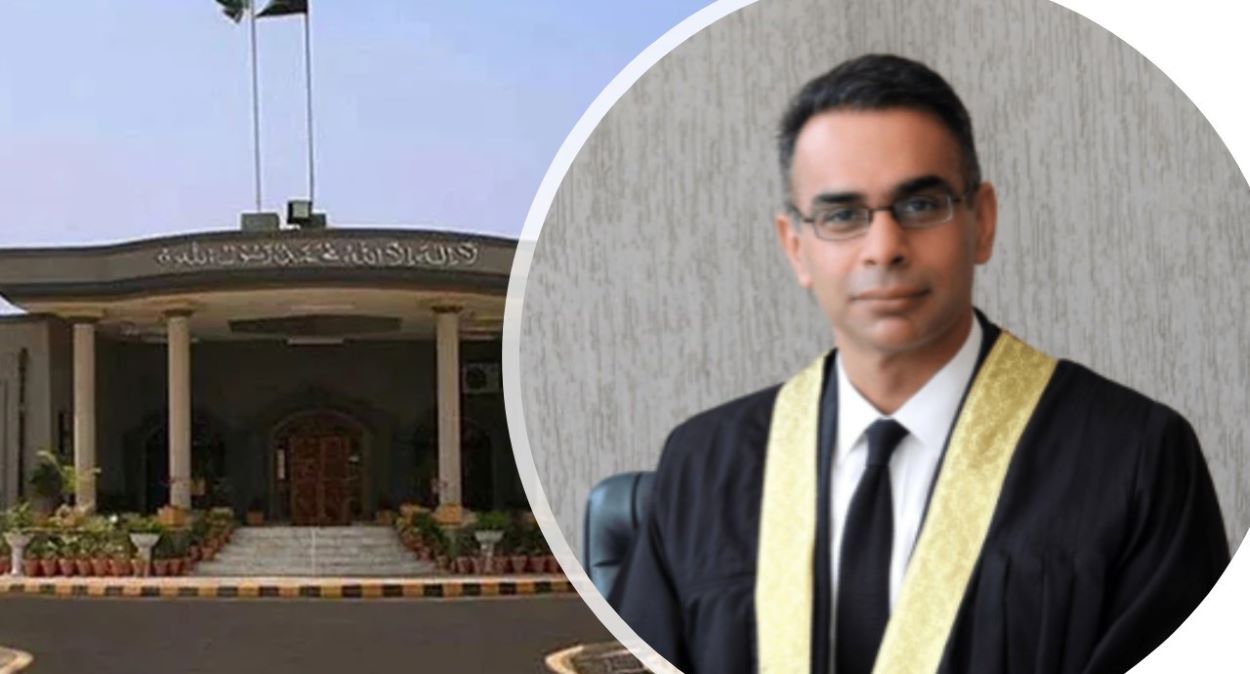In the ongoing audio leak case proceedings, the Islamabad High Court (IHC) was informed that the Prime Minister’s (PM) Office does not interfere in the operations of intelligence agencies.
Maintaining an arm’s-length relationship, the PM Office expects these agencies to function under the Constitution and laws of the land, focusing on the public interest. The clarification was presented as a response to various queries raised during the case’s hearing.
A report submitted to the IHC by the principal secretary to the prime minister emphasized that delving into the operational details of premier intelligence agencies would be detrimental to national security. The document also outlined the existing laws that empower agencies to surveil civilians. These laws were brought into focus following Justice Babar Sattar’s inquiry about the oversight of intelligence agencies during last week’s hearing.
Court Seeks Clarity on Electronic Surveillance Practices
Justice Sattar, addressing petitions from Bushra Bibi, wife of former PM Imran Khan, and Najam Saqib, son of ex-chief justice Saqib Nisar, questioned the legality and authority behind electronic surveillance activities. He highlighted concerns about the unauthorized release of audio recordings, including those from the PM Office and Supreme Court judges, urging the attorney general to discuss these matters with the cabinet for a legal framework.
At a previous session, the court requested details about entities capable of recording telephone calls and surveilling telecommunication. It also sought to investigate how citizens’ conversations were recorded and released to the public, suspecting federal government awareness.
Responding to the court’s demands for an investigation into the audio leaks, the PM’s principal secretary reported the formation of a high-powered committee in September 2022. This committee was tasked with investigating the cybersecurity breach at the Prime Minister’s Office/House and suggesting measures to secure cyberspace and electronic security of strategically important public offices.
Additionally, an inquiry commission led by Justice Qazi Faez Isa, including the chief justices of the Balochistan High Court and IHC, was established in May 2023. This commission is probing the authenticity of the alleged audio leaks that raised concerns about the independence of the judiciary.
The report also discussed laws that authorize surveillance, including the Investigation for Fair Trial Act 2013, the Telegraph Act 1885, and the Prevention of Electronic Crimes Act 2016. The principal secretary suggested the court decide on these matters as deemed appropriate.






